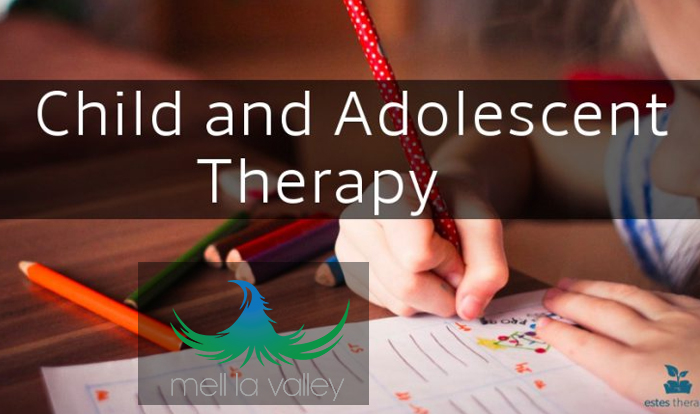Let’s face it…all kids misbehave sometimes. One of the questions that we frequently ask ourselves when our children are engaging in unwanted behavior is, “Why?” Sometimes our children act out as the result of an unfilled need and we can often determine this need by the way we feel when the behavior occurs.
For example, if we feel annoyed when our child is acting out then there is a high likelihood that our child is wanting our attention and if they can’t get our positive attention, then they will settle for our negative attention. Basically, they’ll take what they can get. If we feel angry when our child misbehaves then it is possible that our child is desiring power; therefore, we need to find a way to allow our child to have more choices and control. A child’s behavior almost always serves some type of purpose for that child. However, when you find yourself with more questions than answers, it may be time to consider a more serious condition. The next time you, a loved one or a friend brings up any child’s behavior disorder it might be time to consult a Roseville Kids Therapist. Mell La Valley – LMFT, CEGE
Disruptive behavior disorders include Oppositional Defiant Disorder (ODD) and Conduct Disorder (CD). Behaviors characteristic of these disorders include temper tantrums, physical aggression which may involve attacking other children, excessive argumentativeness, stealing, and overall defiance or resistance to authority. More often than not, behaviors related to these disorders have a negative impact on school performance, family and peer relationships, and often increase in frequency and duration over time.
Oppositional Defiant Disorder (ODD)
As defined in the American Psychiatric Association’s Diagnostic and Statistical Manual of Mental Disorders, Fifth Edition (DSM-5), ODD includes persistent symptoms of “negativism, defiant, disobedient, and hostile behaviors toward authority figures.” A child with this disorder may frequently display the following behaviors:
- Argues with adults, in particular parents
- Loses temper easily
- Refuses to follow rules
- Blames others for his/her own mistakes
- Deliberately annoys others
- Is angry and resentful of others
- ODD usually begins prior to the age of 8-years-old and is rarely diagnosed after early adolescence.
- ODD is sometimes a precursor to conduct disorder.
Call Mell La Valley – LMFT, CEGE for a Roseville Kids Therapist.











